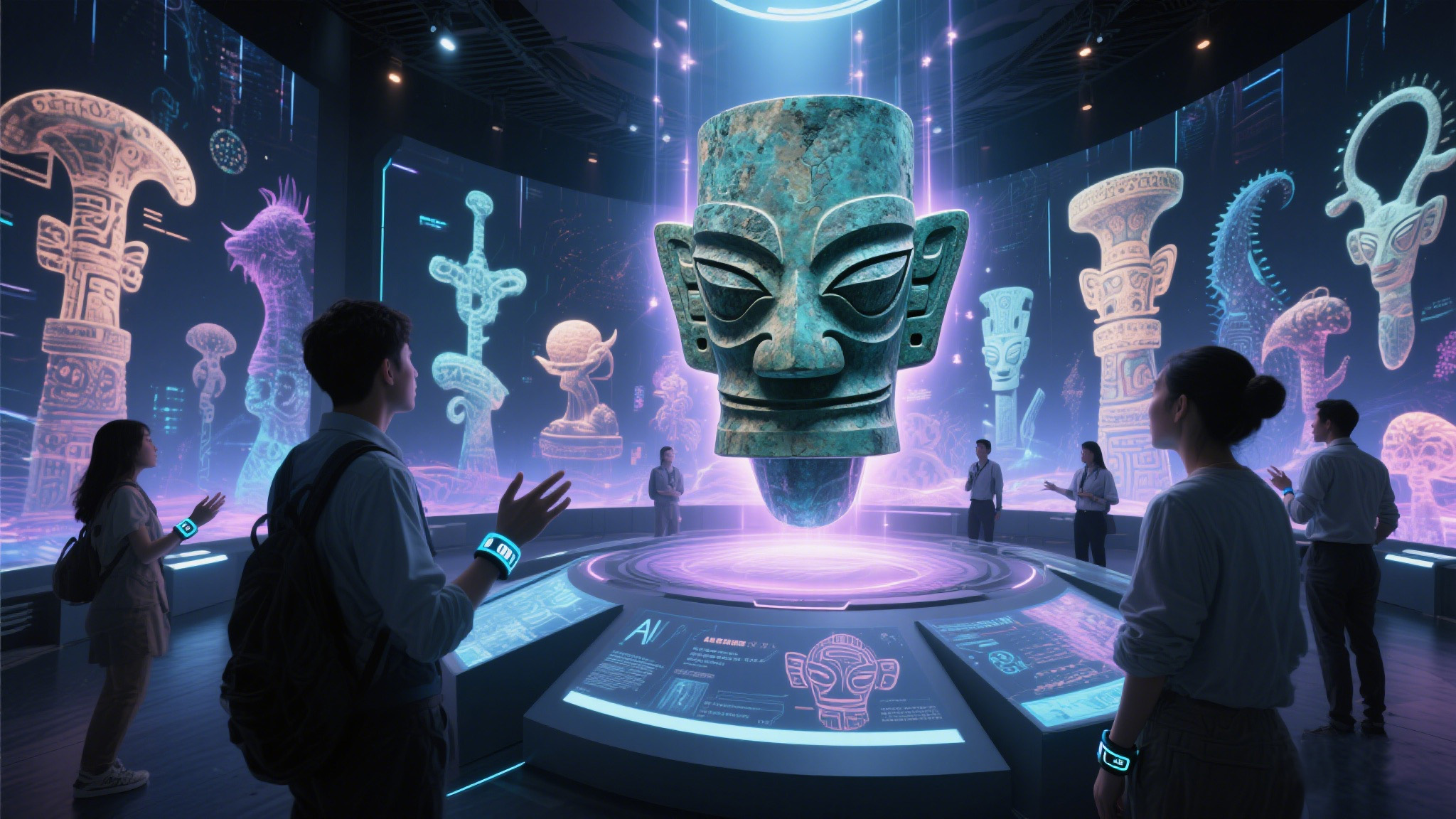The Rise of Cultural Tourism – Exploring Heritage, Traditions, and Authentic Experiences
Introduction
Cultural tourism has emerged as one of the fastest-growing segments in the global travel industry. Unlike conventional tourism, which often focuses on leisure and relaxation, cultural tourism emphasizes immersive experiences that connect travelers with the history, traditions, and living heritage of a destination. According to the World Tourism Organization (UNWTO), nearly 40% of international tourists seek cultural experiences during their travels.
This article explores the significance of cultural tourism, its economic and social impacts, and how destinations can leverage their heritage to attract discerning travelers.
Defining Cultural Tourism
Cultural tourism involves travel directed toward experiencing the arts, heritage, and unique characteristics of a place. It includes:
-
Historical Tourism (visiting ancient ruins, museums, and monuments)
-
Ethnic and Indigenous Tourism (engaging with local communities)
-
Festival and Event Tourism (participating in cultural celebrations)
-
Gastronomic Tourism (exploring traditional cuisines)
Why Cultural Tourism Matters
-
Economic Benefits
-
Generates revenue for local artisans, guides, and heritage sites.
-
Encourages infrastructure development in rural and less-visited areas.
-
-
Preservation of Heritage
-
Tourism funding helps restore historical landmarks.
-
Indigenous communities gain incentives to maintain traditions.
-
-
Cross-Cultural Exchange
-
Promotes mutual understanding between tourists and locals.
-
Case Studies in Successful Cultural Tourism
-
Kyoto, Japan – Preserving ancient tea ceremonies, geisha culture, and temples.
-
Marrakech, Morocco – Thriving souks, riad stays, and Berber cultural tours.
-
Cusco, Peru – Gateway to Machu Picchu, blending Inca heritage with Spanish colonial influences.
Challenges and Solutions
-
Overtourism – Destinations like Venice and Barcelona struggle with overcrowding. Solution: Implement visitor caps and promote off-season travel.
-
Cultural Commodification – Authenticity can be lost when traditions become commercialized. Solution: Engage local communities in tourism planning.
The Future of Cultural Tourism
With travelers increasingly seeking meaningful experiences, the demand for cultural tourism will continue to rise. Governments and businesses must collaborate to ensure sustainable growth that benefits both visitors and host communities.
















